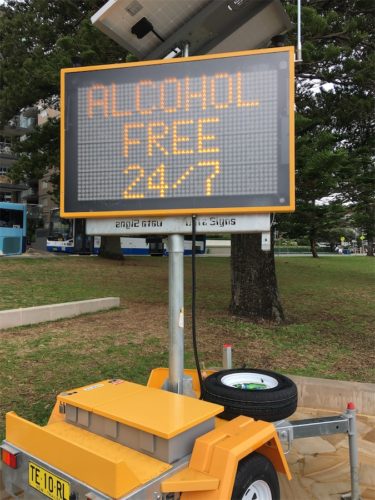“I recently bought a set of lights that cost $340 and was offered a 10 per cent discount. The salesperson had to use a calculator to work that one out.” CLIVE WILLIAMS on why boomers still count.
WE commonly hear that older people are numpties when it comes to IT issues and how grandparents rely on their grandchildren to sort out computer problems.

There’s no doubt that those brought up with computers – that is, those born after 1980 – are much more adept when it comes to IT matters. I was told recently that someone not brought up with computers cannot master (or mistress?) a modern fighter jet’s control and command systems. No doubt the same applies with other high-tech applications.
Our then-five-year-old son was introduced to computer gaming in 1990 via the Mario Games (which now dates him, too). Playing against him, I soon realised I didn’t have the physical and mental dexterity to be able to match him. Nor for that matter did I have the motivation to spend hours playing Mario to reach a higher level.
However, there are “old-fashioned” skill sets where baby boomers can beat the younger generations hands-down – in the areas of mental arithmetic and grammatically-correct written expression (rather than communication per se that can now be achieved in many shorthand ways – such as SMSing and tweeting).
When I was at primary school, we had to learn our “times tables” up to 12 x 12, which means that my generation doesn’t need to think about multiplying any combination of numbers below 12 as we already know the answer. For example, we know that 8 x 11 or 11 x 8 is 88 without even having to think about it.
In primary school, we also had to do mental arithmetic involving subtraction, addition and division. As a result, we don’t need to puzzle about what 126 minus 33 might be. We can work it out quicker in our head than anyone using a calculator.
I continually hear anecdotes about the disconnect between older customers and younger salespeople. A friend recently made a purchase costing, say, $12.40 and gave the salesperson $22.40 to get a $10 note back rather than lots of coins. He was told: “Our system doesn’t allow us to do that!”
Meanwhile, I recently bought a set of lights that cost $340 and was offered a 10 per cent discount. The salesperson had to use a calculator to work that one out.
In primary school, we also spent a lot of time reading and writing. Reading good books for work and leisure is a great way of improving one’s written expression. At various times, I have worked for some excellent wordsmiths who also helped me to improve my written work.
The meanings of words can now be confused as well, thanks to American cultural inroads.

For example, “momentarily” means “soon” in American English, but “for a short period of time” in Australian English. Young Americans and Australians usually ask for the “bathroom” when what they want is the toilet. I’m not sure why they avoid the “t” word when most modern bathrooms in America and Australia don’t have toilets!
I never cease to be surprised by the poor standard of written work of the under 40s, even at tertiary level. Sometimes it’s such basic issues such as the correct use of apostrophes, like “its” (possessive) and “it’s” (contraction of “it is”).
The correct use of apostrophes also seems lost on those signwriters who use them to accentuate plurals – as in “the customer’s are always right” when no apostrophe is needed.
Many students don’t understand apostrophes for singular or plural “possessive” use eg, the “customer’s lunch” (one customer) or the “customers’ lunch” (many customers). (I probably should not have used the word “customer” as these days we seem to have become “guests” who are served by “team members”, not staff!)
Sometimes official use of Australian English can have unintended implications.
At the entrance to the Sydney Lane Cove Tunnel, a sign advises: “No dangerous goods in tunnel” (a comforting thought!).
At Manly wharf a welcoming: “Alcohol free 24/7” instead of “Alcohol-free 24/7”.
And on the Hume Highway in Victoria, there are fixed roadside signs saying: “Police enforce speeding”. This means quite the opposite to what was intended – ie, it suggests that if you don’t speed, the police will book you. A possible defence if a speeding ticket was challenged in court?
Clive Williams is a Canberra columnist.
Who can be trusted?
In a world of spin and confusion, there’s never been a more important time to support independent journalism in Canberra.
If you trust our work online and want to enforce the power of independent voices, I invite you to make a small contribution.
Every dollar of support is invested back into our journalism to help keep citynews.com.au strong and free.
Thank you,
Ian Meikle, editor





Leave a Reply